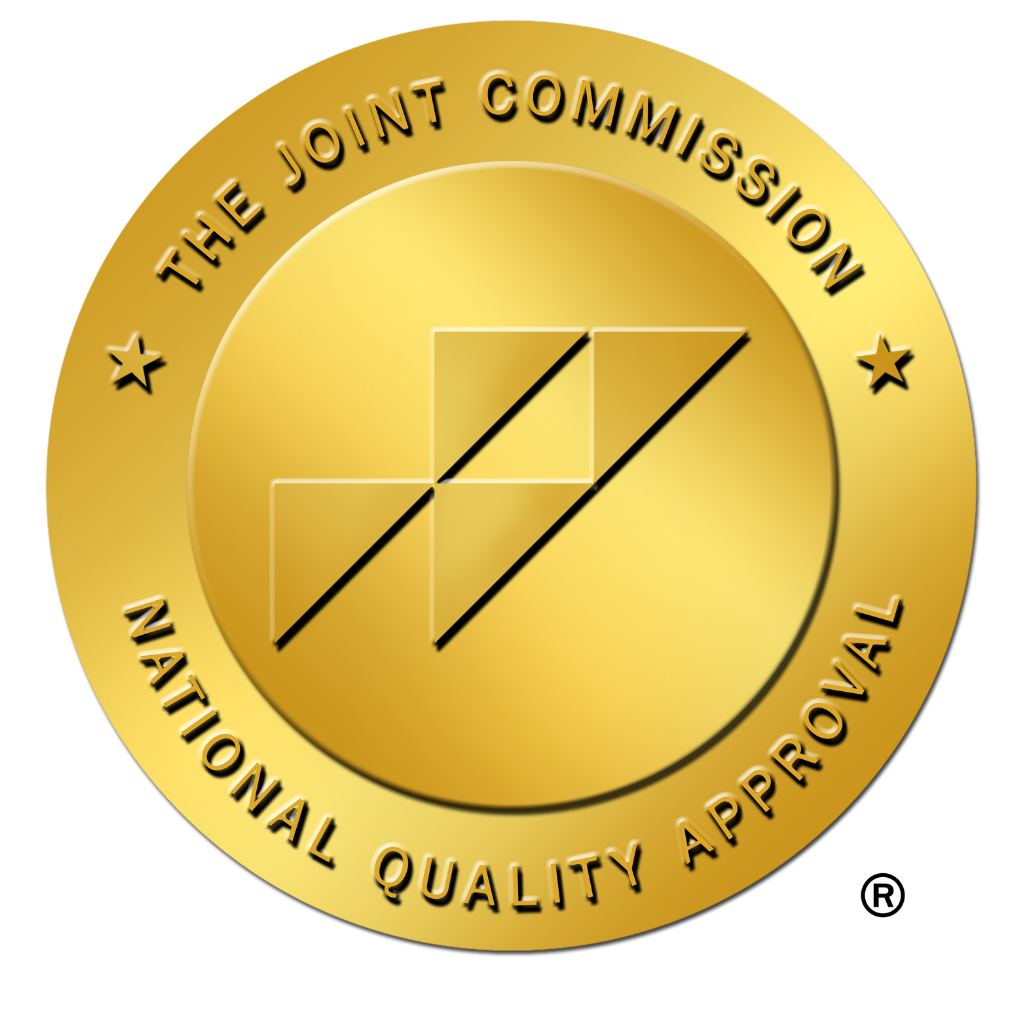EMS workers have a tough job. They’re right there when emergencies happen, giving vital help when it’s needed most. But, it’s not easy. Dealing with tough situations, long shifts, and feeling emotionally drained can cause EMS burnout. This could harm their performance, affect their mental health, and even impact the care they give to patients. It’s super important to spot and tackle this burnout, not just for the EMS workers but also the people who count on them. So, how can we fight EMS burnout and focus on feeling mentally well? Let’s find out.
Awareness of EMS Burnout
Emotional exhaustion, depersonalization (feeling cut off from the work or patients), and a diminished sense of personal accomplishment are the hallmarks of burnout among emergency medical services personnel. Chronic work stress is the cause of this condition, which is made worse by the particular difficulties faced by medical emergencies.
Techniques for Management and Prevention
Create a Supportive Work Environment
Managers should cultivate an environment where mental health is valued highly and candid communication is encouraged. Identifying burnout symptoms and offering assistance can help avert long-term problems.
Support Stress-Handling Methods
Things like stress-handling workshops can give EMS workers effective tools to tackle work stress. This can include learning about staying calm, relaxing, and being resilient.
Promote Use of Mental Health Support
Making it easy to get counseling, join peer groups, and see stress and trauma experts can be a big help. Making sure there’s no shame in asking for help is also really important.
Provide Adjustable Work Schedules
Letting EMS workers adjust their schedules, rest between working, and take time off can stop burnout before it happens. It’s also crucial to deal with short staffing and too much overtime.
Conclusion
EMS burnout must be addressed on both the level of the individual and the organization, necessitating a multimodal strategy. The personnel of emergency medical services can work in a more supportive environment if mental health and wellness strategies are put into practice. In the end, putting EMS providers’ health first benefits not only the individuals directly affected but also the community by ensuring that these experts are supported, well, and prepared to take on the demands of their vital work. For more information, call now, 6102334342.

